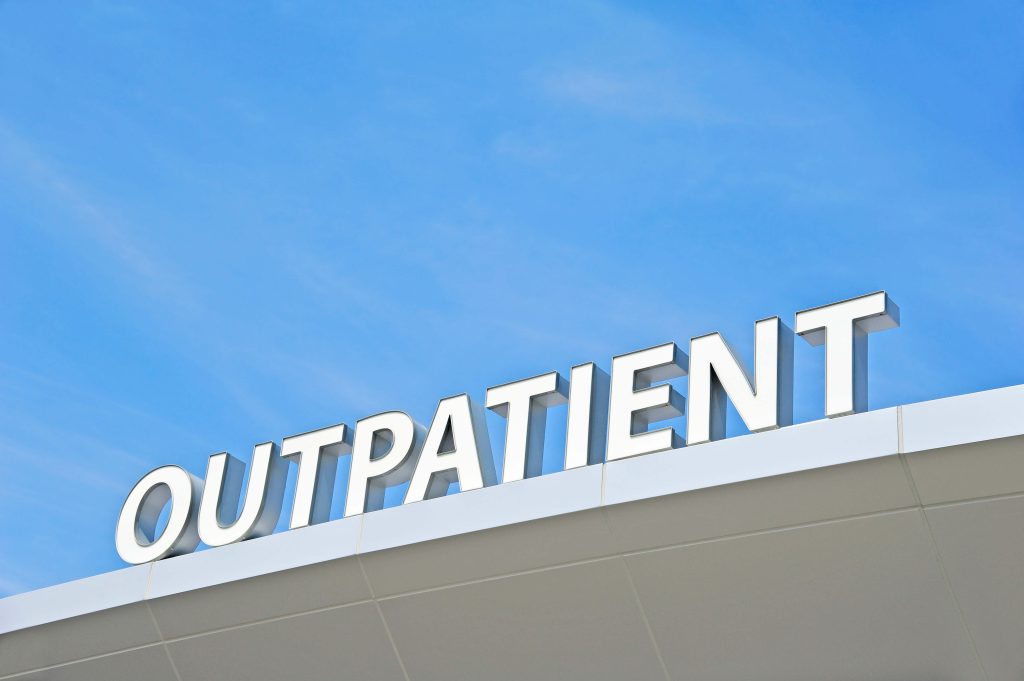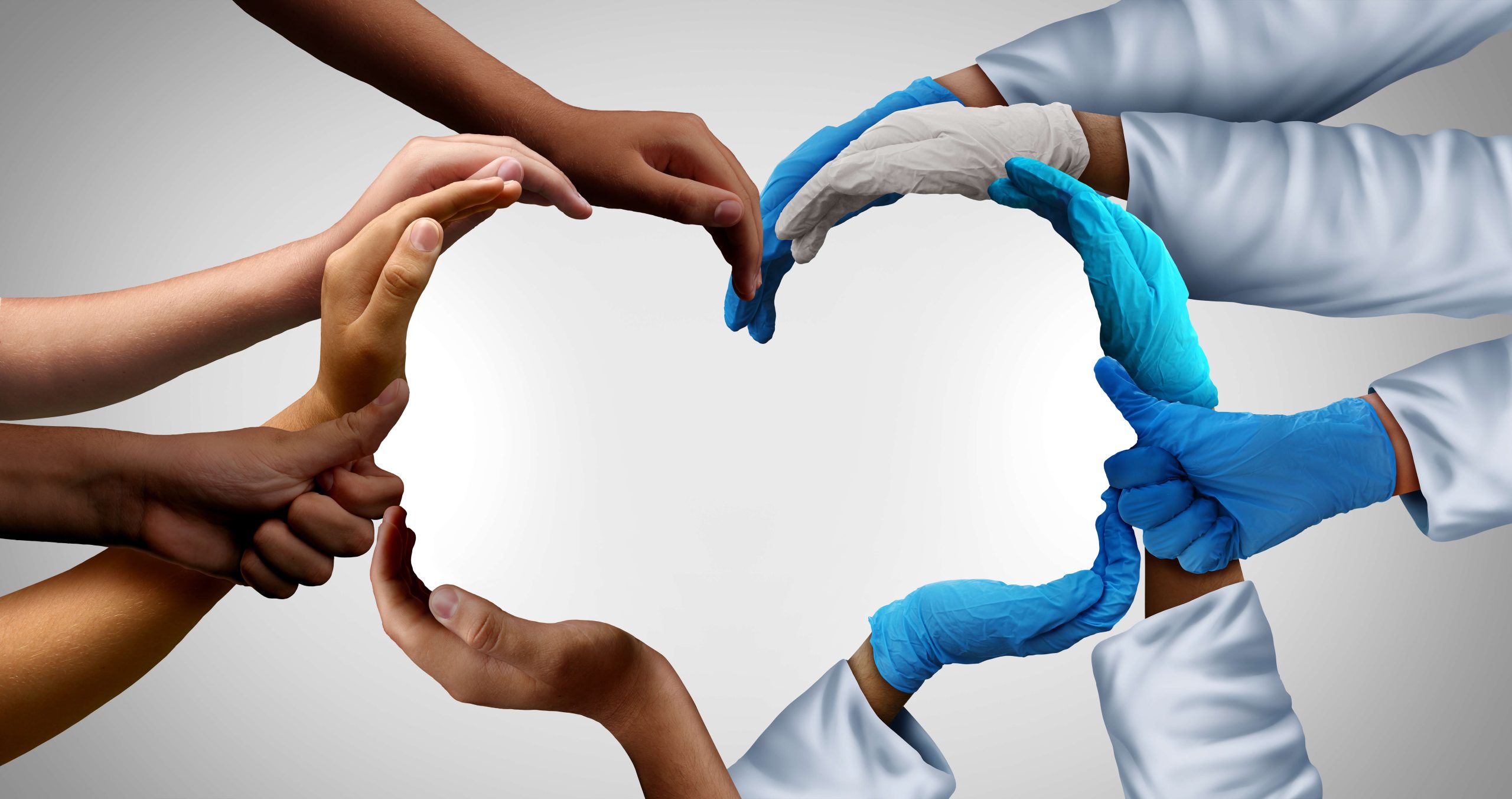Schizophrenia: Meaning, Symptoms, and Causes
For many, schizophrenia remains shrouded in mystery, often stigmatized and misunderstood. At its core, schizophrenia is a severe mental disorder affecting a person’s perceptions, emotions, and behaviors. People with schizophrenia may seem like they have lost touch with reality, which can be distressing for them and for their family and friends. As a dedicated outpatient mental health center, Lifescape Recovery strives to demystify this condition, offering not only treatments but also knowledge to empower individuals and families affected by schizophrenia.
What Exactly is Schizophrenia?
Schizophrenia is a chronic and severe neurological brain disorder that affects a person’s thoughts, feelings, actions, and overall way of perceiving the world. At the core, it’s a disorder of the mind that causes an altered sense of reality. This alteration can manifest as hallucinations, delusions, or disorganized speech and thinking, often accompanied by significant social or occupational dysfunction.
The disorder is rooted in both structural brain abnormalities and chemical imbalances in the brain. Individuals with schizophrenia often experience difficulty distinguishing between what is real and what is imaginary, may be unresponsive or withdrawn, and may have difficulty expressing emotions.
Furthermore, contrary to prevalent myths, schizophrenia is not a result of childhood trauma, poor parenting, or personal weakness, and cannot be overcome through sheer will or determination. It is, in essence, a structural and biochemical brain concern. Contrary to pop culture portrayals, schizophrenia does not denote a split or multiple personalities. Instead, its name, derived from the Greek words “schizo” (split) and “phrene” (mind), metaphorically portrays the scattered or fragmented thinking commonly associated with it.

The Multifaceted Symptoms of Schizophrenia
The symptoms, characterized by their intensity and type, generally surface in late adolescence or early adulthood and can be grouped as:
Positive Symptoms
These symptoms, contrary to the name, are not “good.” They are excesses in behavior.
- Hallucinations: This could be auditory, like hearing non-existent voices, or visual, like seeing things others can’t. An individual might hear voices criticizing them or narrating their actions.
- Delusions: These are firm beliefs disconnected from reality, such as thinking they have special powers or are being pursued by imaginary forces.
- Thought Disorders: This could manifest as disorganized thinking, where a person might jump from topic to topic in conversation.
Negative Symptoms
These reflect deficits in regular emotions or behaviors.
- Apathy: A person might show little interest in daily activities, neglecting hobbies they once loved.
- Reduced Emotional Expression: Facial expressions, voice tone, and gestures might appear muted or flat.
- Neglect of Personal Hygiene: For example, an individual might disregard bathing or grooming.
Cognitive Symptoms
These impact memory and other aspects of thinking.
- Poor Executive Functioning: This could show difficulty in organizing tasks or planning for future events.
- Trouble Focusing: Someone might easily get distracted during conversations or tasks.
- Memory Issues: They might forget names, dates, or even tasks they’ve just done.
Probing the Causes
Although the exact origins remain elusive, it’s generally accepted that a blend of genetics, environment, and brain irregularities contribute.
Genetic Links
While not definitive, there’s a heightened risk if a close family member has schizophrenia. But, many with the disorder have no family ties to it.
Chemical Imbalance
Neurotransmitters, namely dopamine and glutamate, when imbalanced, might be a significant contributing factor. For instance, overactive dopamine can lead to hallucinations or delusions.
Environmental Factors
Stressful events, drug use during teenage years, or exposure to viral infections during prenatal development can potentially increase risks.
Brain Structure Differences
Modern imaging techniques have sometimes noted differences in the brain’s architecture and activity in those with schizophrenia, hinting at developmental anomalies.

Schizophrenia Types Treated in Outpatient Settings
While severe cases may require hospitalization, many forms of schizophrenia can be managed in outpatient settings, like Lifescape Recovery in Los Angeles, California.
Paranoid Schizophrenia
Marked by strong delusions or auditory hallucinations, but with relatively preserved cognitive and emotional functioning. With regular therapy and medication, many individuals with this type lead fulfilling lives.
Schizoaffective Disorder
A blend of schizophrenia symptoms and mood disorder symptoms, like depression or mania. Outpatient care, involving a combination of mood-stabilizing drugs and antipsychotics, can be effective.
Residual Schizophrenia
Here, a person might have a history of pronounced schizophrenia symptoms but currently only displays negative symptoms. Regular therapy can help manage and improve quality of life.
Conclusion
Schizophrenia, though complex, is not undefeatable. With facilities like Lifescape Recovery, individuals can access the resources, treatments, and support essential for navigating and managing this condition, fostering hope and recovery.


If someone with schizophrenia stops taking their medication or following their treatment plan, their symptoms can return or exacerbate. In cases where non-compliance leads to severe symptom recurrence, inpatient care may be needed to stabilize the person.
It’s important to note that hospitalization is typically used as a temporary measure. The goal is to stabilize the individual’s symptoms to a point where they can return to outpatient care. Family support, regular medical follow-ups, therapy, community programs, and continued medication (when prescribed) are essential components of long-term care and management of schizophrenia.
While severe cases may require hospitalization, many forms of schizophrenia can be managed in outpatient settings, like Lifescape Recovery in Los Angeles, California.
Published: September 22, 2023
Last Updated: October 02, 2023

Published: December 15, 2025
Why Mental Health & Addiction Spike During the Holiday Season?
The holiday season is often described as a time of joy, connection, and celebration. Yet for many individuals, it is also a period marked by increased emotional distress, worsening mental health symptoms, and a higher risk of substance use and relapse. Research consistently shows that rates of anxiety, depression, and addictive behaviors rise during late […]
Read more
Published: December 02, 2025
What Is Trauma Bonding?
Trauma bonding refers to a powerful emotional attachment that forms between a person and someone who is abusive, manipulative, or emotionally harmful. Unlike healthy attachment, trauma bonds are reinforced through cycles of fear, reward, punishment, and relief. These bonds can occur in romantic relationships, family dynamics, friendships, or even workplace environments. Search interest around trauma […]
Read more
Published: November 01, 2025
Paranoid Personality Disorder: Symptoms, Causes & Treatment Options
Paranoid Personality Disorder, often abbreviated as PPD, is a long-term mental health condition characterized by pervasive distrust, suspicion, and fear of others’ intentions. People living with this disorder frequently believe that others are trying to harm, deceive, or exploit them, even when there is little or no evidence to support these beliefs. Search interest around […]
Read more
